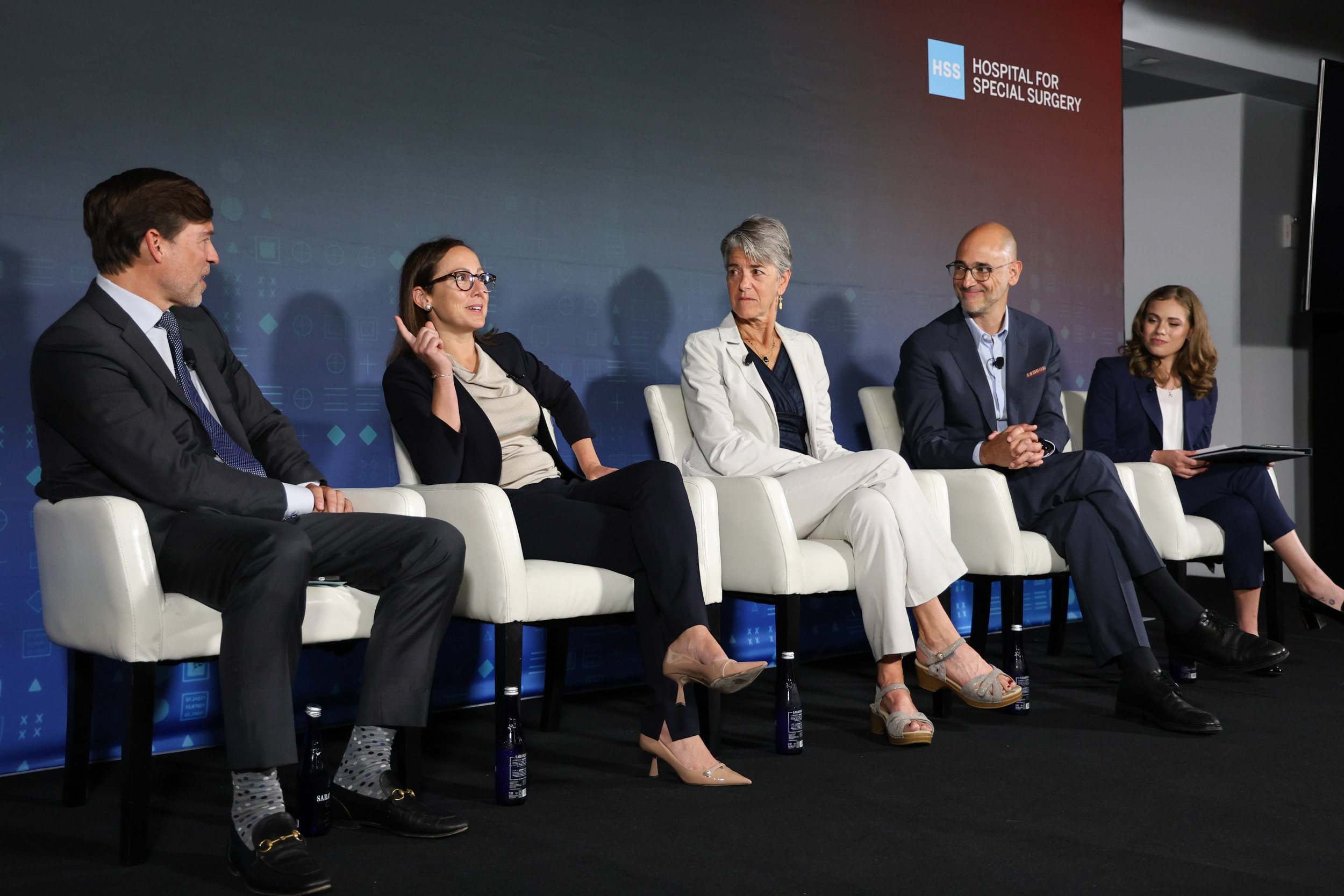As we dive into 2024, discussions about incorporating artificial intelligence (AI) in various workplaces are heating up. While AI has the potential to enhance efficiency, it also poses risks of creating new workplace challenges.

Key experts, including Dr. Eric Williamson from Mayo Clinic, Dr. Ashley Beecy from NewYork-Presbyterian, Dr. Christine Sinsky from the American Medical Association, and Dr. Pete Clardy from Google Health, gathered to share their insights at a recent panel. They drew from their extensive experience to discuss how automation has shaped the healthcare industry, its potential to combat physician burnout, and the new challenges it could introduce.
Opening the event, Dr. Chris DeRienzo, chief physician executive of the American Hospital Association, highlighted the urgent workforce crisis in healthcare, citing alarming burnout rates among clinicians. Finding solutions to these issues is now a top priority across health systems.

According to the World Health Organization (WHO), burnout stems from unmanaged chronic workplace stress and is marked by exhaustion, detachment, negativity, and decreased performance. The pandemic intensified these feelings, especially in healthcare, where nearly 48% of physicians reported burnout symptoms, though this figure has recently dipped below 50% for the first time since 2020.
The pandemic also prompted a significant shift, with over 71,000 physicians exiting the profession in 2021-2022—nearly double the pre-pandemic turnover rate.
Dr. Sinsky offered a perspective on burnout, suggesting it’s linked to the disconnect between clinicians’ mission and their daily tasks. She emphasized that while individuals experience burnout, it’s ultimately a systemic issue.
With AI emerging as a potential remedy, reports from McKinsey & Company suggest that it could streamline tedious administrative tasks. Dr. Beecy shared that at NewYork-Presbyterian, physicians using AI for administrative functions felt they could work more efficiently, even if task durations remained the same. This shift can lessen mental fatigue, making a significant difference in their workload perceptions.

Dr. Williamson noted similar trends at Mayo Clinic, where automation in radiology tasks has allowed for a focus on higher-value work, even if the perceived reduction in cognitive load is greater than the actual one.
While excitement surrounds the efficiency potential of AI, concerns linger about unintentional consequences. Dr. Kayser noted that time saved could lead to increased patient visits, further straining workloads and potentially worsening burnout. Dr. Sinsky suggested that saved hours could be reallocated to enhance patient care, improve organizational management, and support physicians’ personal lives.
Clarifying the role of AI, Dr. Clardy emphasized the need for tools that simplify the complexities of patient data, allowing physicians to focus more on patient interactions rather than screens.

The session concluded with a dynamic Q&A, followed by a cocktail reception where participants networked and shared further insights.
